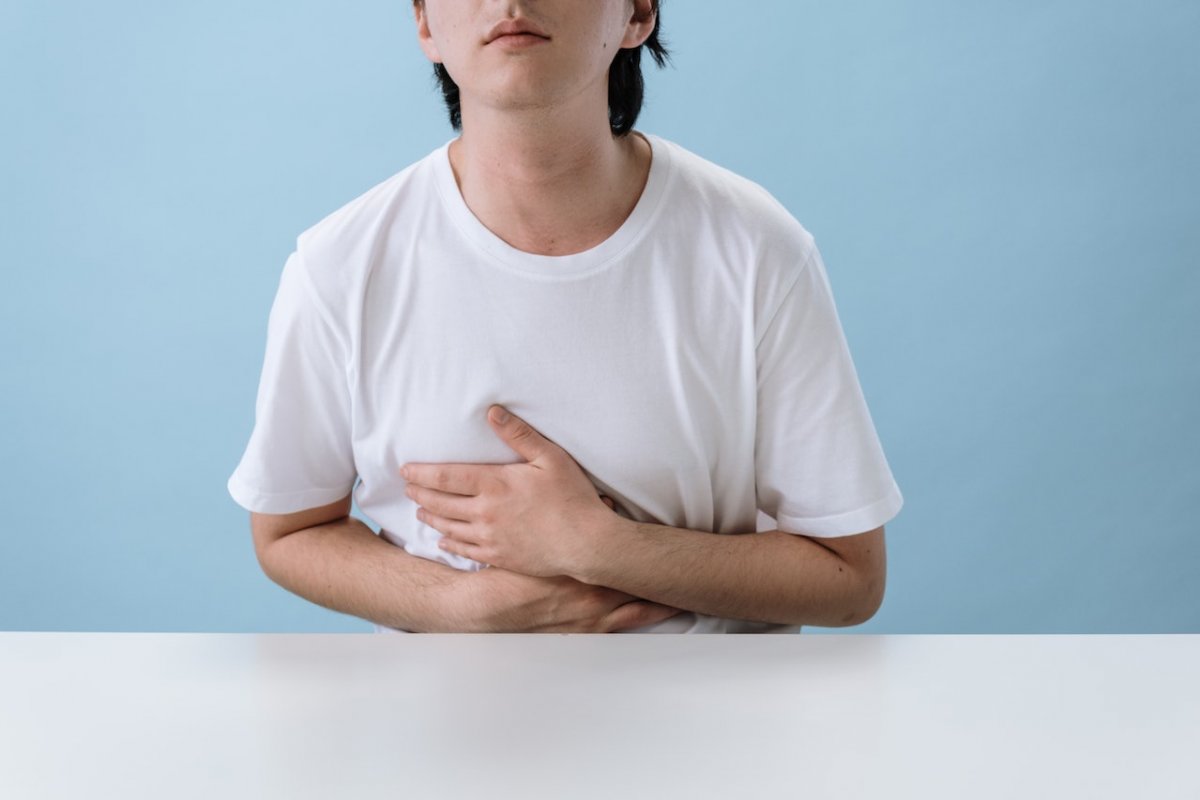
Non-alcoholic fatty liver disease (NAFLD) describes a range of conditions that have one thing in common – the accumulation of fat in the liver. Although there are usually few symptoms in the early stages of NAFLD, warning signs often appear as the condition progresses. Thus, the discovery of problems may mean that they have become irreversible.
Non-alcoholic fatty liver disease develops in four main stages, the last stage is known as cirrhosis.
“Unfortunately, there is no cure for this most advanced stage of damage.” Cirrhosis occurs after years of inflammation and causes your liver to shrink, become scarred and rough. To make matters worse, this damage can be irreversible and lead to liver failure and cancer. One of the alarming symptoms of this irreversible condition can be seen on the skin and in the eyes – jaundice,” says hepatologist Alla Yuzhnova especially for Medikforum.
Sudden swelling of the legs may indicate fatty liver disease and cirrhosis
Jaundice describes the yellowing of the skin and whites of the eyes. This yellow hue is caused by a buildup in the body of a yellow substance called bilirubin.
Your liver uses bilirubin to produce bile, a fluid that helps you digest food. A healthy liver is able to remove most of the bilirubin from your body.
Prolonged itching of the skin signals fatty liver disease – hepatologist Yuzhnova
However, damage to the liver can lead to the accumulation of bilirubin in the blood. In addition to yellowing of the skin and eyes, your urine may also turn dark and your stools the color of clay. These two warning signs are also caused by excess bilirubin.
“Your skin can also become intensely and uncontrollably itchy,” adds a hepatologist.
MedicalForum has previously written about spices that are good for the liver.
Important! Information provided for reference purposes. Ask a specialist about contraindications and side effects and under no circumstances self-medicate. At the first sign of illness, consult a doctor.
